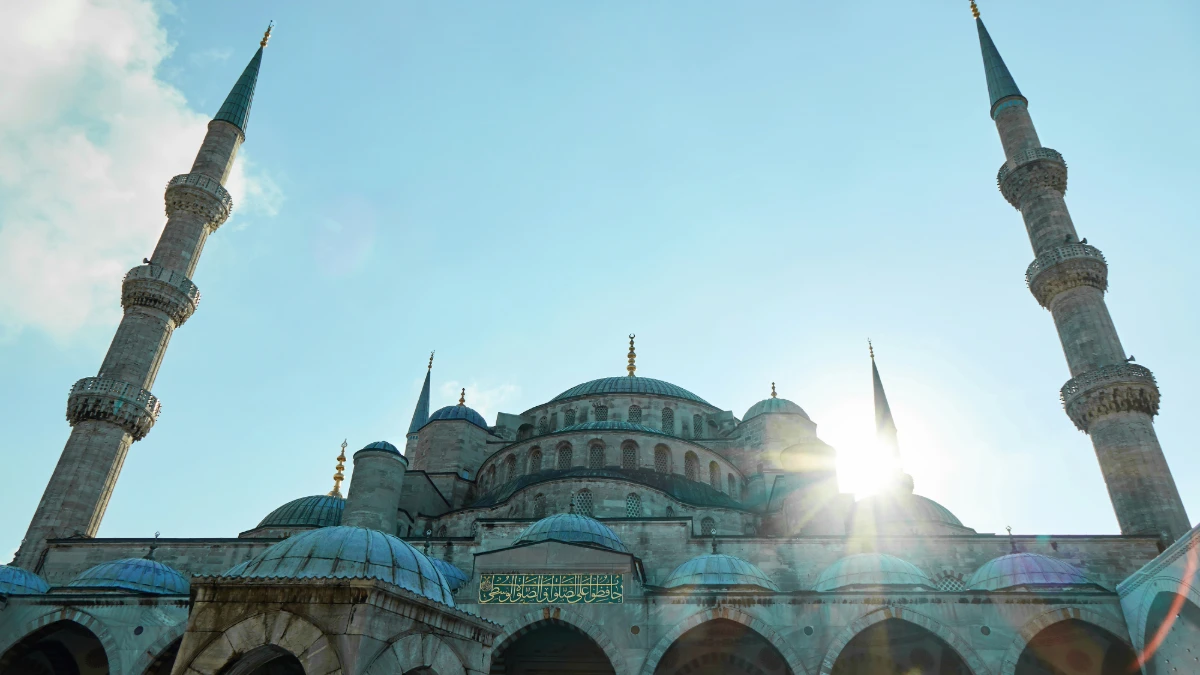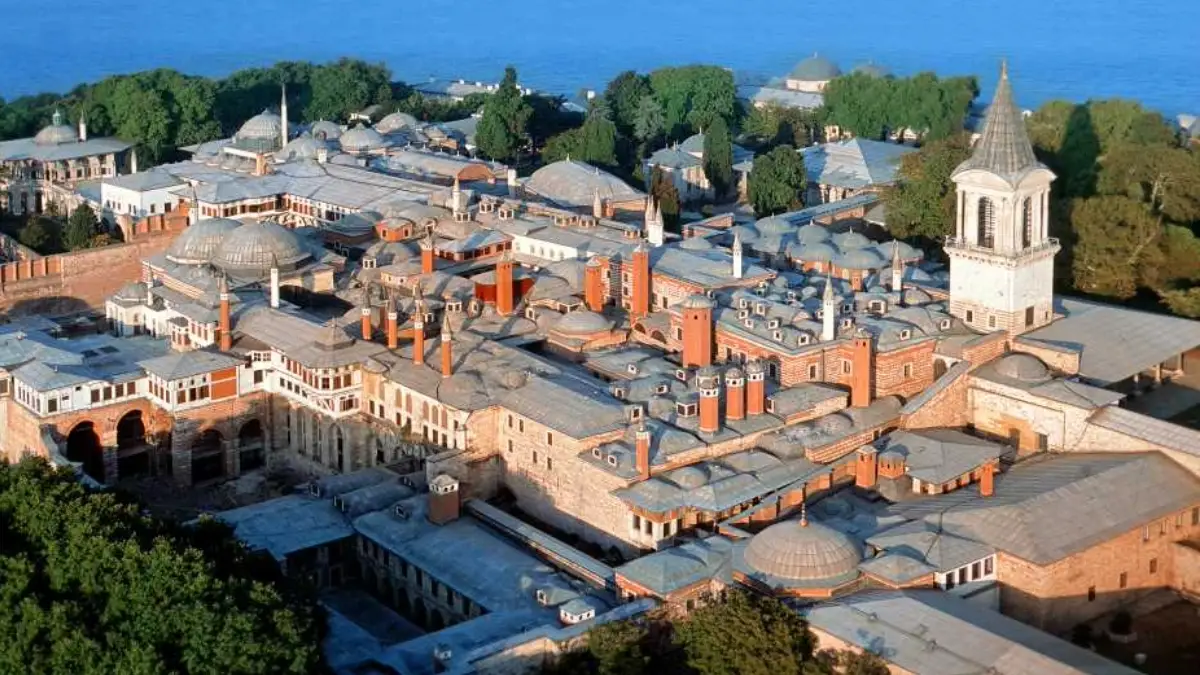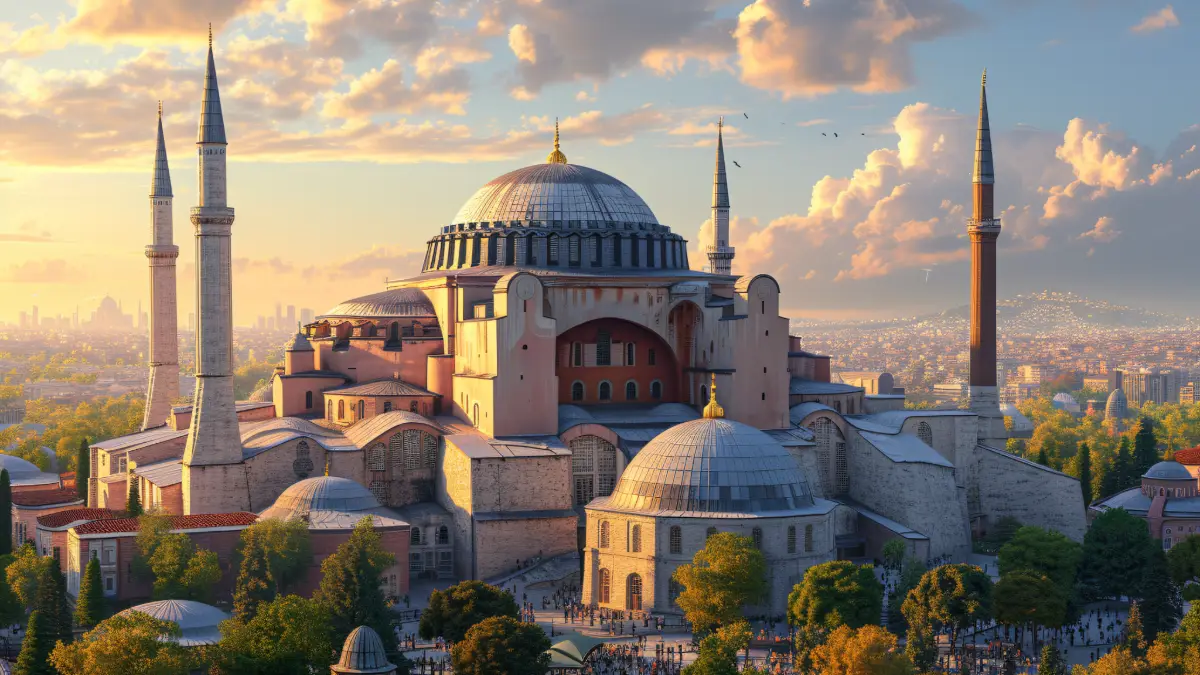Prostate cancer treatment in Turkey incorporates a range of modern medical technologies and approaches, thus offering comprehensive care pathways for patients diagnosed with this condition. Moreover, enhanced by the expertise of leading oncologists and facilities, the treatment modalities include surgery, radiation therapy, chemotherapy, and hormone therapy, all of which are tailored to the individual patient’s needs and the specific stage of cancer.
Understanding Prostate Cancer Treatment in Turkey
Prostate cancer, a major health concern globally, necessitates a tailored approach to treatment. Treatment strategies vary based on the stage and grade of the cancer, the patient’s overall health, and other clinical factors. In Turkey, the healthcare sector has made significant strides in offering comprehensive and advanced prostate cancer treatments, ensuring patients have access to quality care.
Multidisciplinary Teams and Personalized Care
Multidisciplinary teams (MDTs) form the backbone of prostate cancer care in Turkey. These teams often consist of specialist cancer surgeons, oncologists, radiologists, and specialist nurses, ensuring a holistic approach to patient care. Key considerations include:
- Type and size of the cancer
- Cancer grade
- Patient’s general health
- Cancer spreads to other body areas
The integration of clinical psychology and access to advanced medical imaging and pathology enhances the decision-making process, tailoring treatments to individual patient needs.
Prostate Cancer Risk Groups in Turkey
Understanding the cancer’s risk group helps determine the most necessary and effective treatments:
- Low-risk patients might benefit from active surveillance.
- High-risk patients might require aggressive treatment, such as surgery or radiation therapy.
Treatment Modalities in Turkey
Surgical Options
Radical Prostatectomy: A common surgical option involves removing the prostate gland and, in some cases, surrounding tissues.
- Complications may include urinary incontinence and erectile dysfunction.
- Post-operative recovery support and options like sperm banking prior to surgery are available.
Radiation Therapy
Offered both as a primary treatment and adjuvant to surgery, radiation therapy includes:
- External beam radiation therapy (common)
- Brachytherapy (internal radiation)
Patients might experience short-term side effects such as discomfort or longer-term issues like impotence.
Hormone Therapy
This treatment reduces testosterone levels, which prostate cancer cells rely on to grow, thereby controlling the disease.
Advanced Prostate Cancer Treatment Techniques
Hormone therapy blocks testosterone, significantly impacting prostate cancer growth. Administered through injections or tablets, this therapy is often used in conjunction with other treatments to improve outcomes.
High-intensity Focused Ultrasound (HIFU):
- Minimally invasive
- Targets only cancerous cells, reducing side effects.Cryotherapy:
- Involves freezing cancer cells
- Option for localized prostate cancer
Support and Aftercare
Comprehensive support services are key components of prostate cancer treatment in Turkey:
- Rehabilitation services including physiotherapy and dietary consultation
- Psychological support to address mental health during and after treatment
- Specialist services for managing treatment side effects like incontinence
Dealing with Side Effects
Post-treatment care is paramount, with specialized services available to manage and mitigate side effects such as urinary incontinence, erectile dysfunction, and other physiological changes post-treatment.
Conclusion and Next Steps
In Turkey, Avicenna International Hospital stands at the forefront of integrating these advanced treatment strategies with patient-focused care, promoting not just longevity but also quality of life for prostate cancer patients. For more information or to schedule a consultation, please Contact Us.
The first steps include a thorough assessment by a multidisciplinary team, which may involve various diagnostic tests to determine the cancer’s stage and grade.
Yes, depending on the stage and risk group of the cancer, treatments like radiation therapy, hormone therapy, or active surveillance might be advisable.
Innovations include the use of robotic surgery for precision and minimally invasive techniques like HIFU and cryotherapy, tailored for specific patient needs.







